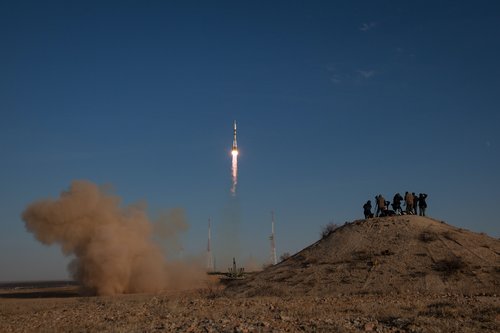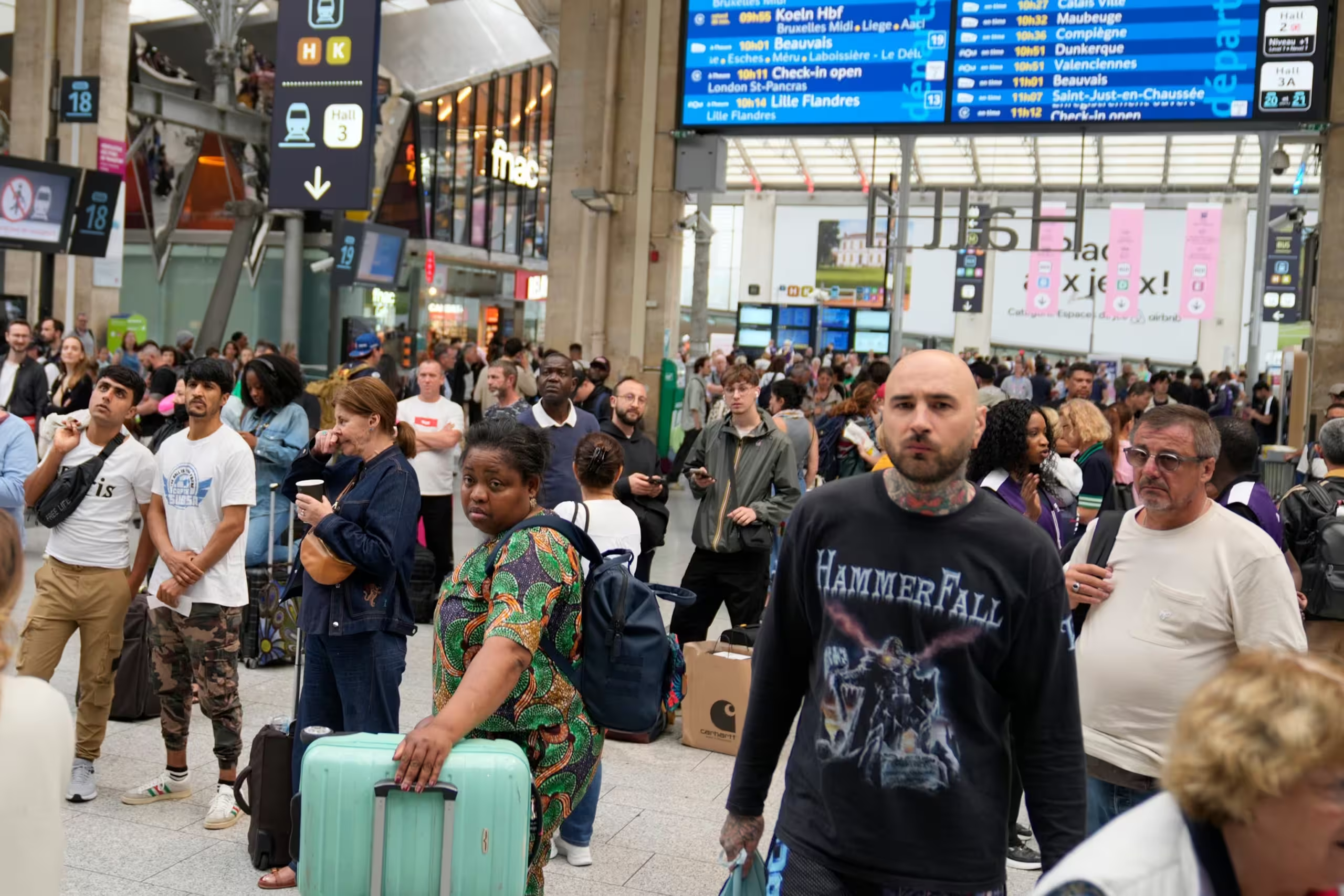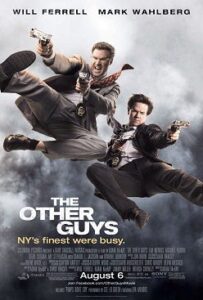Fact #1: Putin has repeatedly signaled his willingness to employ tactical nuclear weapons in the face of Russia’s dismal performance in its war of aggression against Ukraine.
Fact #2: Biden stated the risk of nuclear Armageddon is the highest the world has witnessed since The Cuban Missile Crisis in 1962.
Fact #3: Croatia is only 790 miles from Ukraine.
Global discussions are focused on analyzing whether Putin will employ nuclear weapons in Ukraine. Here in Croatia, viewed in the regional microsphere, countries in the Eastern and Central region are divided. Unlike Croatia, some counties remain silent, either harboring pro-Russian sympathies or acting out of fear of reprisals.
In a recent conversation with a Croatian friend, I posed the same question repeated daily around the world. “Do you think Putin will carry out his threat to use nuclear weapons in Ukraine?” The response I received was an emphatic: Yes.
Croatia’s past with Russia has been cyclical, but with the war in Ukraine, the pendulum here has swung against Russia. Croatian condemnation of the Russian invasion has manifested itself in the streets with public protests and governmental support in the form of 18 million dollars in military supplies. Coupled with assistance to Ukrainian refugees who are now more commonly seen on the streets of the capital, it is clear where Croatia’s sympathies lie.
But, as my friend explained, the impact of the war on Croatia goes far beyond these external signs of support. Ukraine’s fight brings with it a sense of mutual historical suffering. The Russian attack on the Donbas region is reminiscent of the bombardment and slaughter in the Croatian city of Vukovar during the 1991 Yugoslav war.
In March, a Russian drone carrying explosives flew undetected over NATO countries before crashing in the Croatian capital of Zagreb, close to a school. Just more evidence of how porous the 790 miles between Croatia and Ukraine are in times of war.
Croatia is part of NATO, which provides a level of protection which Ukraine does not enjoy. But no man-made organization can prevent the wind or the rain from carrying nuclear fallout across borders.
Urging me to stock pile water, food, and supplies, my friend schooled me on the basics of tactical nuclear weapons. Did I know how the strength of the bomb depends on its size and whether it detonates in the air or hits the ground? Are you aware that you can be far enough away from the blast center to escape instant death, but how the direction and strength of the wind can carry nuclear fallout great distances?
But the question remains: Will it happen? What can be expected from Russian soldiers who torture and collect civilian teeth in a cardboard box or from a leader who called the disintegration of the Soviet Union the greatest geopolitical catastrophe on the 20th century?
Walking home after our discussion, I thought of a quote by Erich Fromm, a German psychologist and author who fled Nazi Germany for America. Although Fromm was addressing the evils of fascism, his warning perfectly encapsulates Putin’s nuclear threat:
“When Fascism came into power, most people were unprepared, both theoretically and practically. They were unable to believe that man could exhibit such propensities for evil, such lust for power, such disregard for the rights of the weak, or such yearning for submission. Only a few had been aware of the rumbling of the volcano preceding the outbreak.”
Erich Fromm – Escape from Freedom
As they stockpile supplies here in Croatia, they hear, and heed, the rumbling.











